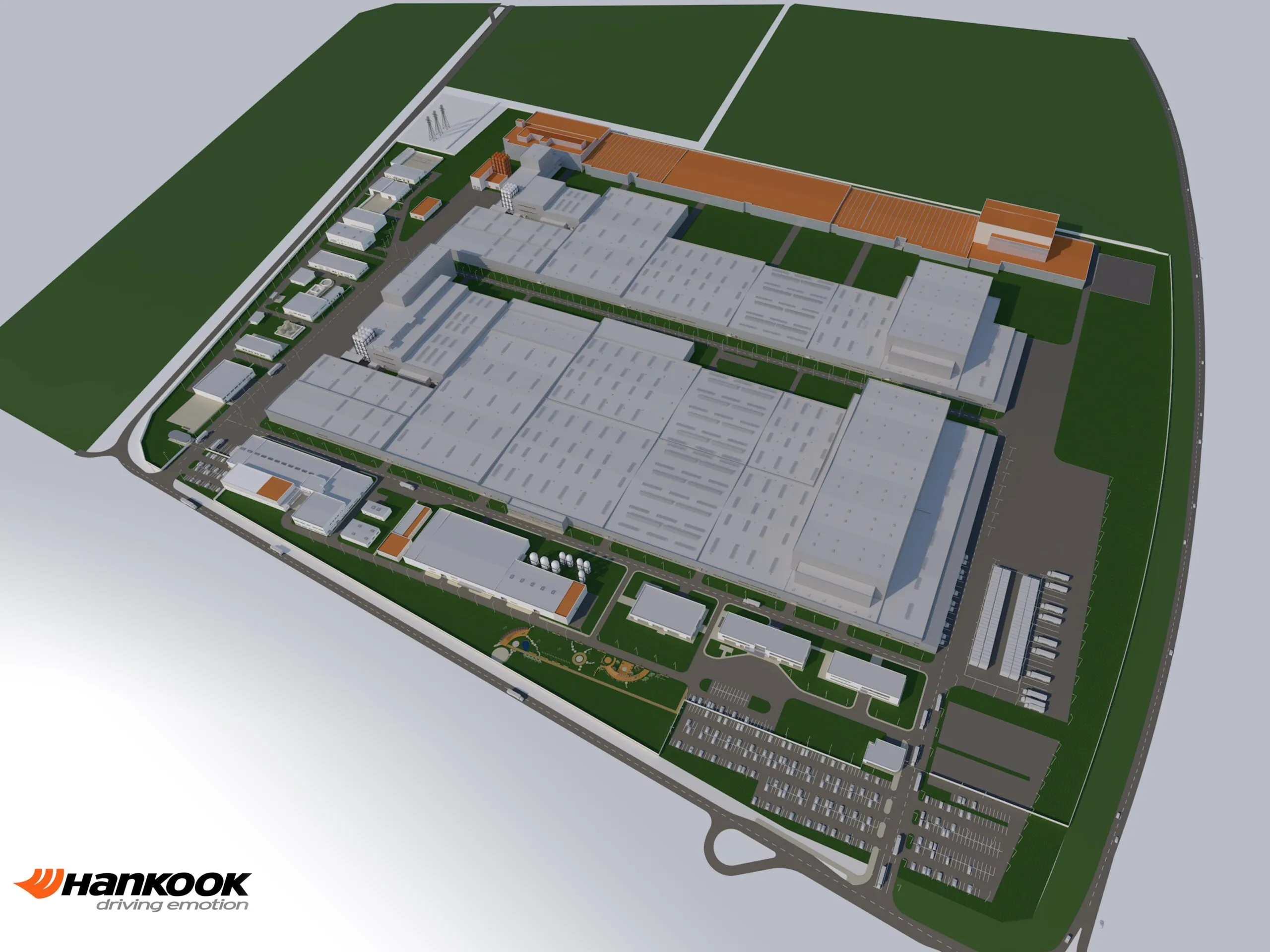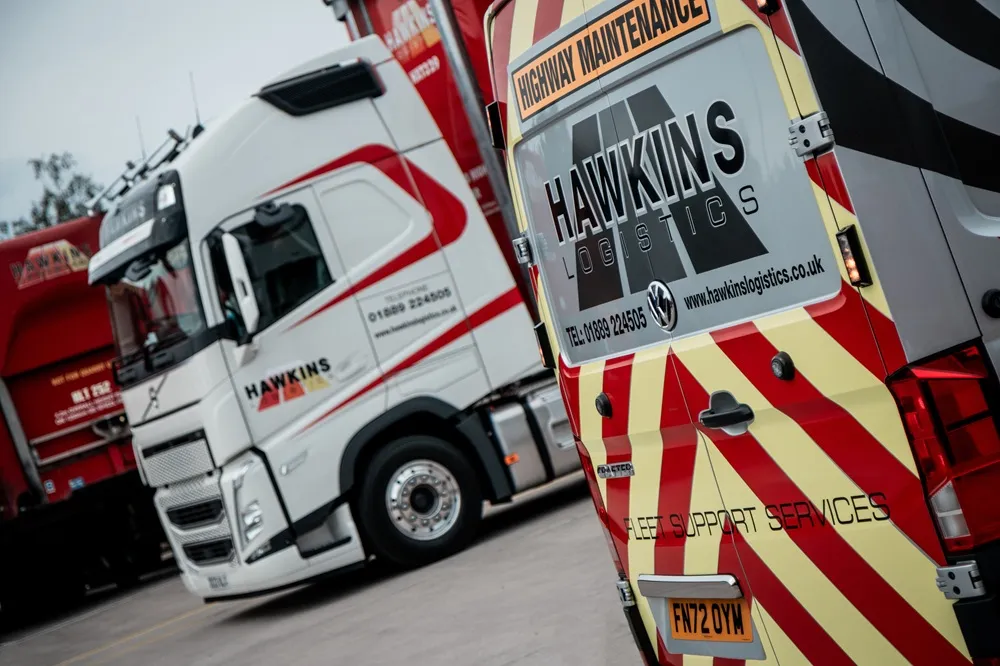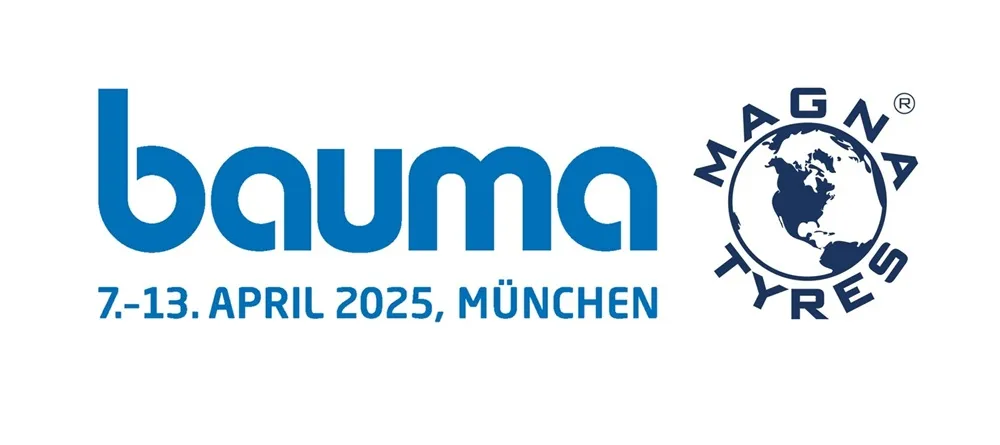Hankook has announced expansion plans for the construction of a new truck tyre production unit in Rácalmás, Hungary. The works are set to begin during the 1st half of 2018, while the start of production is expected to commence around 2 years later.
Hankook Unveils New Large-Scale Expansion Plans
The expansion − in a value of around 290 million EUR − is the 4th one in the history of the Company’s European plant, which was initially opened in 2007. It will play a pivotal role in Hankook Tire’s long-term strategy to cater to European market demands in both the original equipment and replacement truck and bus tyre sector. It is also expected to create around 150 new jobs and provide a provide a production capacity of over 550 thousand medium and heavy truck and bus tyres yearly.
Due to the large-scale investment, the Rácalmás factory is now among the largest employers and most significant economic players in Hungary, whilst maintaining its top class corporate citizen status.
Since laying down the foundation stone in July 2006, the factory has been continuously expanded and updated over the years. Thanks to the latest developments, production capacity has reached more than 55 thousand tyres per day, equating to a current production capacity of up to 19 million tyres a year, offering almost 900 size and model variations for passenger cars, SUVs, vans and light trucks. Since the initial phase, the capacity has already increased 3.5 times, whilst maintaining impressive production quality proven by the original equipment supply for various popular automobile brands, such as Audi, BMW, Fiat, Ford, Hyundai, Kia, Mercedes-Benz, MINI, Opel, Peugeot, Porsche, Seat, Skoda and, VW.
Currently Hankook Tire is supplying the European truck tyre market mainly from one of its Korean factories. After seeing a significant and stable increase in demand over the years, the decision was made to establish a Europe-based truck and bus tyre production facility at the company’s Hungarian factory. The construction is set to begin in June 2018, and the new unit is expected to start its production from around June 2020.








